If the Artificial Intelligence, A.I. is coded with univeral values of ethics, will it be safe and on our side. …
Category: English
As the legend goes, life began with the sound of Gabriel's wings which were wide enough to cover the world. …
Avicenna, the polymath renowned with ancient wisdom of medicine, Greek philosophy and mystical Islam, a man of sacred knowledge and curing methods …
We are confined within the limits of our knowledge of the natural world, and yet we strive toward knowledge, always more knowledge… Yet we cannot ever think that we know everything. Knowledge advances yes, but it is like an island surrounded by the ocean of the unknown. “As the Island of Knowledge grows so does the shore of our ignorance.” We are actually confronting the mystery of who we are. …
Boris Cyrulnik articulates that human evolution takes place only in crises. "When the epidemic is over, we will see that we will have dusted off old values that will help us to develop a new way of living together. There will be profound changes, this is the rule." …
Sometimes it takes darkness and the sweet confinement of your aloneness to learn. –David Whyte “ One wonders only when he is alone, and seeks the truth,” said Einstein. The great thinker and ploymath Goethe, discovered that creative inspiration came only when he was alone. Winnicott, the pediatrician and psychologists, defines “the capacity to stay on his own” as a crucial indicator of child development. H.D. Thoreau, the notable American philosopher and nature lover proclaimed that he made his spiritual discoveries during his walks in nature. He wrote in Walden that being on his own in nature provided …
In his new medicine of the soul, Ostad Elahi indicates that in the conscious level where the ego resides, there is a deeper layer where one can find inner guide. This inner guide speaks in the voice of conscience, which is the germ of sound reason and inspires us to take the correct course of thought and action in our decisions. …
But already my desire and my will Were being turned like a wheel, all at one speed, By the love which moves the sun and the other stars. in his timeless Divine Comedy, Dante described the euphoric state of love as the gravitational force which moves the solar systems and which holds the universe together. Simone Weil (1909-1943), the renowned French philosopher, teacher and activist with outstanding intellectual gifts and mystical devotion said : Two forces rule the universe: Light and gravity. She described the soul’s movements in Gravity and Grace : All the natural movements of the soul …
In her heartening story, Amy Cuddy speaks about how she reconstructed her body language and her mindset at the turning points of her life, and how it reaffirmed her presence in the world. You can watch below.
“ Love is really the only thing we can possess, keep with us and take with us when we depart. ” Dr. Elizabeth Kübler-Ross (1926-2004), in her pioneering work with patients nearing the end of their lives in palliative care, interviewed them on their feelings about life and death, and how they measure the life they lived. The results of her work show that the patients unanimously expressed their emotional state as a “yearning for love, ” a shield needed against the fear of death. Secondly, the measure of the degree of inner peace and contentment they savor at …




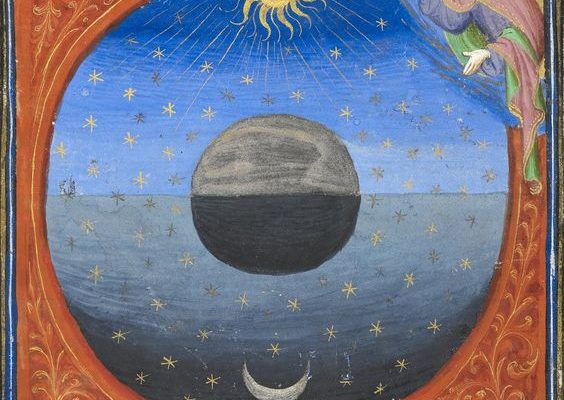
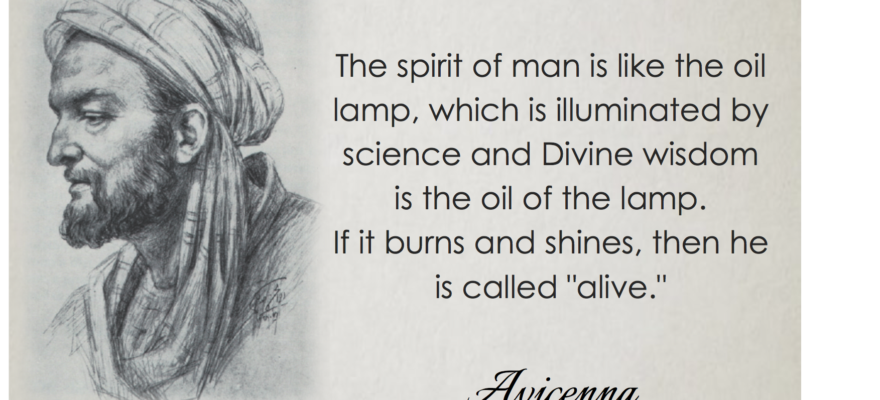
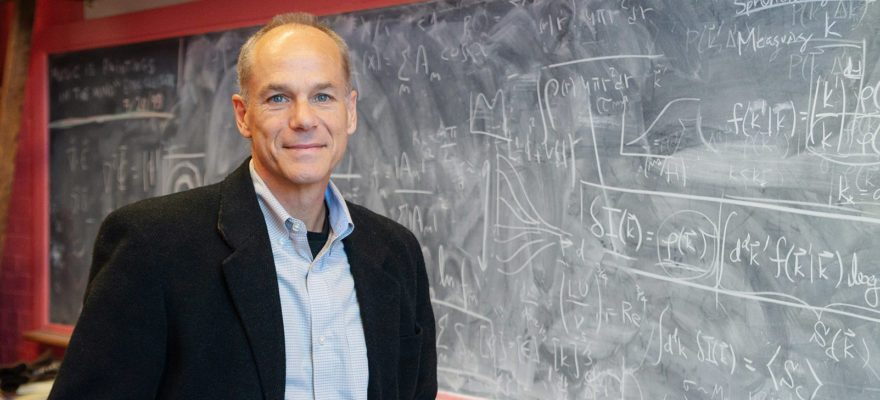
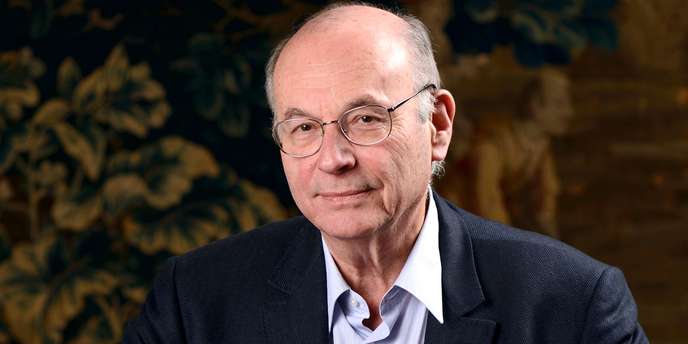
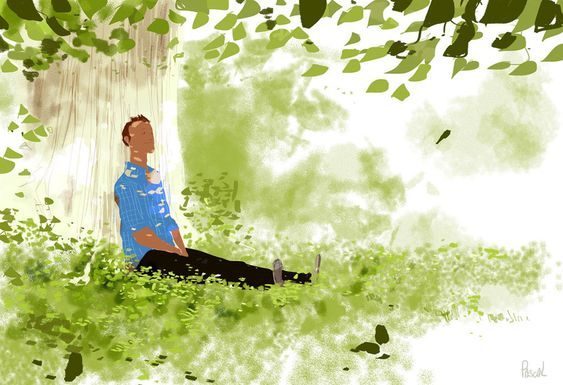
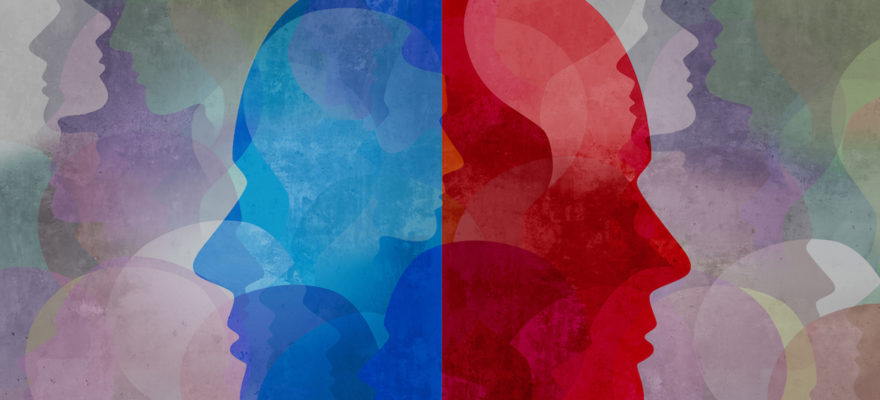
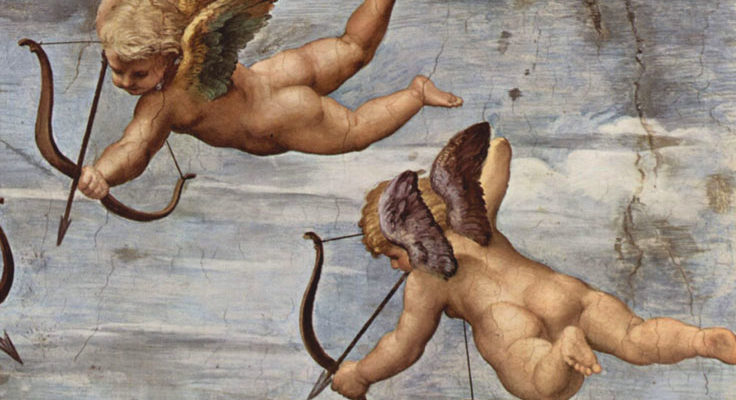
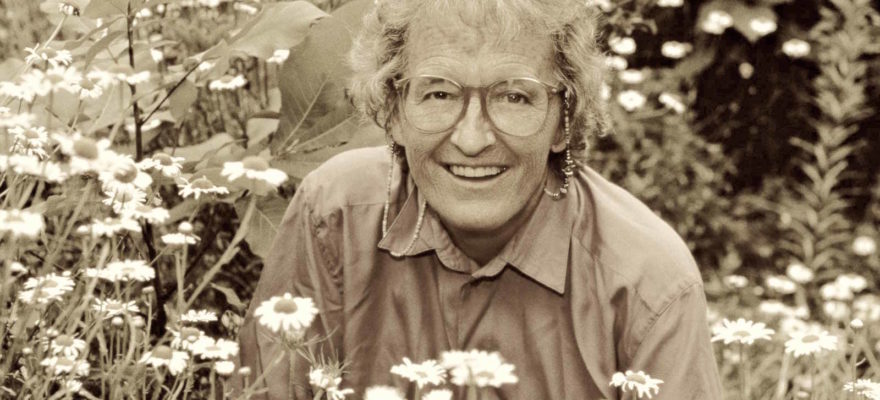





Social Profiles